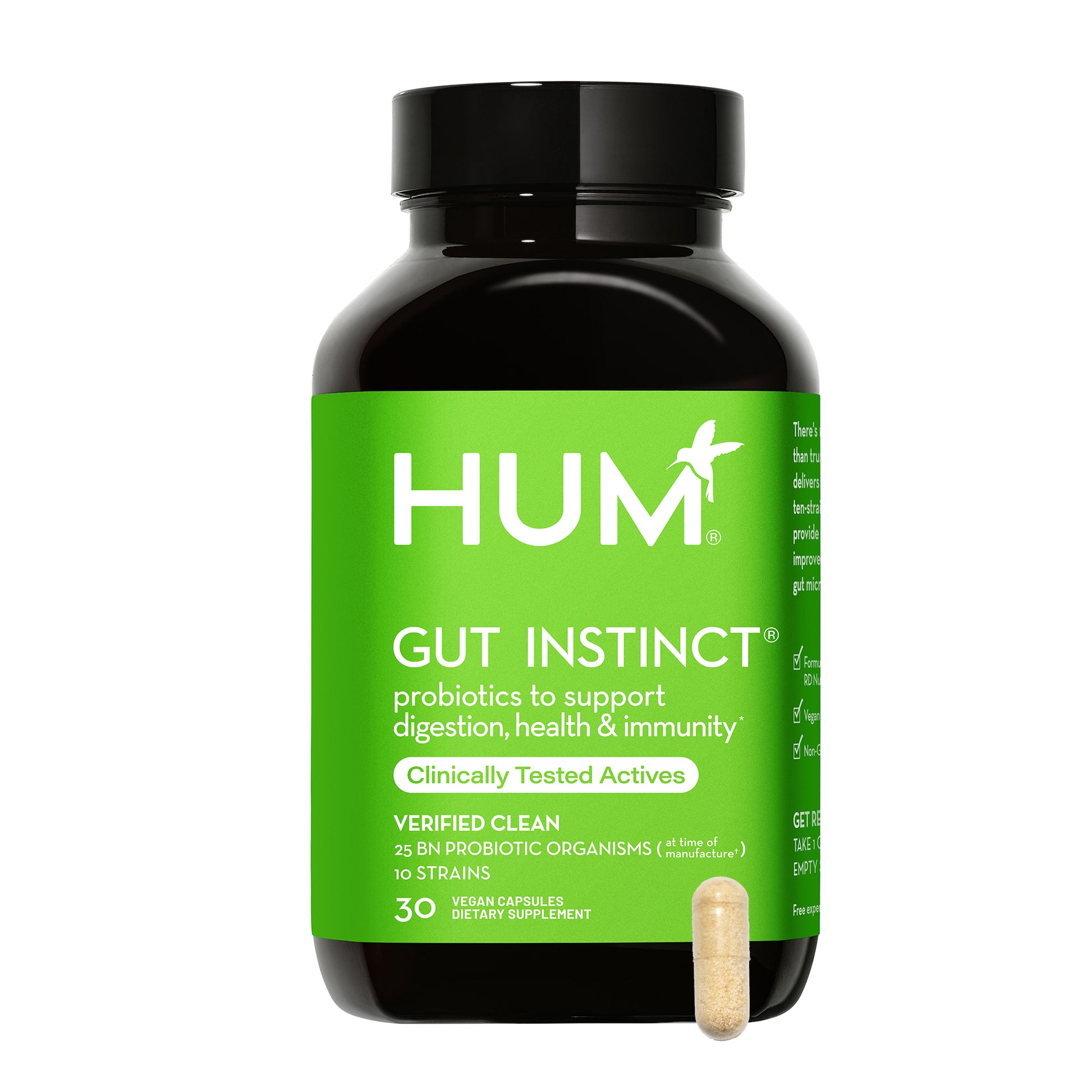Why a Gut Health Supplement Should Be Part of Your Daily Routine
Discover the Trick to Digestion and Resistance With Intestine Wellness Assistance

Recognizing Digestive Tract Wellness
Understanding digestive tract health is vital for overall wellness, as it plays a substantial role in food digestion, resistance, and even mental wellness. The gut, making up the stomach tract, is in charge of damaging down food, absorbing nutrients, and removing waste. A well balanced intestine environment makes sure reliable digestion, enabling the body to use nutrients properly.
Moreover, digestive tract health and wellness dramatically impacts the immune system. The digestive tract houses a considerable section of the body's immune cells, and a healthy and balanced gut can help fend off microorganisms and minimize swelling. Interruptions in intestine wellness can result in an overactive immune reaction, potentially adding to autoimmune conditions and allergic reactions.
Furthermore, the digestive tract is usually described as the "2nd mind" as a result of the gut-brain axis, an intricate interaction network connecting the mind and the digestive tract. This connection influences mood, cognition, and emotional health. Issues such as dysbiosis, defined by a discrepancy in digestive tract germs, have been connected with mental health conditions, consisting of anxiousness and clinical depression.
The Digestive Tract Microbiome Explained

The intestine microbiome, a varied neighborhood of microorganisms residing in the stomach system, plays a critical role in keeping digestion health and wellness and general well-being. Consisting of trillions of germs, viruses, fungis, and various other microbes, this facility environment aids in the food digestion of food, the synthesis of necessary nutrients, and the policy of metabolic procedures.
Each person's gut microbiome is one-of-a-kind, influenced by factors such as diet plan, lifestyle, genes, and environmental direct exposures. A balanced microbiome sustains optimal food digestion by breaking down complicated carbohydrates, creating short-chain fatty acids, and assisting in the absorption of nutrients. Conversely, an inequality, typically described as dysbiosis, can result in digestive system conditions, consisting of irritable digestive tract disorder (IBS) and inflammatory bowel illness (IBD)
Research has shown that a diverse microbiome is connected with far better health results, emphasizing the significance of nutritional selections in nurturing these bacteria. Foods abundant in fiber, probiotics, and prebiotics, such as fruits, vegetables, and fermented products, can promote a healthy and balanced microbiome. Understanding the digestive tract microbiome is crucial for developing targeted interventions focused on improving digestion wellness and preventing intestinal illness.

Link Between Food Digestion and Resistance
A robust link exists between food digestion and resistance, highlighting the important duty of the intestine in preserving general wellness. The gastrointestinal system is home to trillions of bacteria that create the gut microbiome, which considerably influences both immune feedbacks and digestion procedures. This complex community help in damaging down food, soaking up nutrients, and providing vital metabolites that support immune function.
When food digestion is reliable, the gut barrier remains undamaged, protecting against dangerous pathogens from entering the blood stream. Around 70% of the immune system resides in the gut-associated lymphoid tissue (GALT), which communicates closely with the intestine microbiome.
Tips for Sustaining Digestive Tract Health
Sustaining gut health and wellness is crucial for maintaining both digestion effectiveness and a well-functioning immune system. To foster optimal digestive tract health, take into consideration incorporating several functional techniques into your day-to-day regimen.
First, focus on hydration. Consuming alcohol appropriate water supports food digestion and helps keep the mucosal cellular lining of the intestinal tracts. Additionally, routine physical activity can enhance intestine motility and promote a diverse microbiome.
Mindful eating practices are also necessary. Eating food thoroughly and eating slowly can aid food digestion and prevent overeating, which might worry the intestine. Furthermore, handling stress and anxiety through techniques such as reflection, yoga, or deep-breathing workouts can favorably influence gut wellness, as tension is known to interfere with gastrointestinal processes.
Including prebiotics and probiotics right into your program is one more effective strategy. While specific foods will be talked about later, recognizing try this out the importance of these parts is essential. Prebiotics act as food for beneficial gut microorganisms, while probiotics present live helpful microorganisms.
Finally, avoid extreme use of anti-biotics, as they can interfere with the equilibrium of intestine flora. By following these suggestions, you can considerably contribute to the upkeep of a healthy digestive tract, which is important for total health and vigor.
Foods That Promote Digestive Tract Wellness

Fermented foods, such as yogurt, sauerkraut, kefir, and kimchi, are rich in probiotics, which are useful bacteria that support digestive tract vegetations and improve digestion. These foods can help recover balance in the gut, especially after antibiotic use or digestive system disruptions.
In addition to fermented choices, prebiotic foods, such as garlic, onions, asparagus, and bananas, function as nutrition for these probiotics, advertising their growth and task. These soluble fibers sustain gut motility and can relieve issues like constipation.
Furthermore, integrating high-fiber foods, consisting of whole grains, vegetables, fruits, and veggies, is important for preserving a healthy intestine. Fiber aids in normal bowel activities and assists avoid digestive disorders.
Lastly, omega-3 fatty acids found in fatty fish, flaxseeds, and walnuts have anti-inflammatory residential or commercial properties that can additionally support intestine health. Emphasizing these foods in your diet can cause a durable gastrointestinal system and boosted immune function.
Verdict
To conclude, focusing on gut health and wellness is important for maximizing food digestion and enhancing resistance. A well balanced gut microbiome, affected by nutritional choices and way of life aspects, plays a critical role in nutrient absorption and swelling reduction. Integrating fermented foods, prebiotics, and high-fiber alternatives, alongside appropriate hydration and stress and anxiety management, can substantially advertise intestine wellness. By adopting these techniques, people can sustain total wellness and vitality, unlocking the potential benefits of a my link well-functioning intestinal system.
Recognizing intestine health and wellness is critical for total health, as it plays a substantial function in food digestion, immunity, and even mental health. The intestine houses a significant section of the body's immune cells, and a healthy and balanced intestine can Check This Out assist fend off microorganisms and decrease inflammation.Additionally, the intestine is usually referred to as the "2nd mind" due to the gut-brain axis, a complicated communication network connecting the intestine and the mind.A durable link exists between food digestion and resistance, highlighting the important role of the gut in keeping general health.In verdict, focusing on gut wellness is crucial for enhancing digestion and boosting immunity.